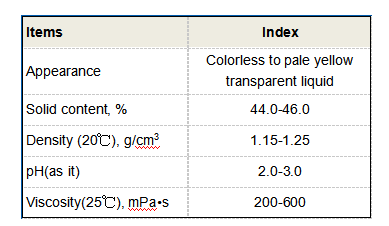scale inhibitor water treatment
The Importance of Scale Inhibitors in Water Treatment
Water is an essential resource in both industrial and domestic settings. However, the presence of dissolved minerals in water can lead to scale formation, which poses significant challenges in various applications, from household plumbing systems to large industrial processes. Scale buildup can hinder the efficiency of equipment, increase operational costs, and reduce the lifespan of appliances and machinery. This is where scale inhibitors come into play.
The Importance of Scale Inhibitors in Water Treatment
In power generation, for instance, scale buildup in boilers and cooling towers can lead to heat transfer inefficiencies, increased fuel consumption, and even catastrophic failures. The application of scale inhibitors helps to mitigate these risks, ensuring consistent performance and reliability of the systems. Similarly, in the oil and gas industry, scale can accumulate in pipelines and equipment, causing flow restrictions and increasing the risk of corrosion. By using scale inhibitors, companies can prevent these costly and damaging effects, leading to safer operations.
scale inhibitor water treatment

The water treatment industry extensively relies on scale inhibitors to ensure the quality of treated water. Water sourced for municipal supplies often contains high levels of hardness, which can lead to scaling in distribution systems and residential plumbing. By integrating scale inhibitors into the water treatment process, municipalities can improve water quality, reduce maintenance costs, and extend the life of infrastructure.
There are various types of scale inhibitors, each tailored to specific needs and conditions. Commonly used inhibitors include phosphonates, polyacrylic acids, and copolymers. These chemicals can be selected based on the nature of the water being treated, the specific types of minerals present, and the operational parameters of the equipment involved. The effectiveness of these inhibitors often depends on their concentration, pH levels, and temperature conditions.
As environmental concerns continue to shape the regulatory landscape, the development of eco-friendly and biodegradable scale inhibitors has become increasingly important. Manufacturers are now exploring natural alternatives that provide the desired scale inhibition without adverse environmental impacts. This trend not only aligns with sustainability goals but also addresses the increasing demand for greener solutions in industrial applications.
In conclusion, the application of scale inhibitors in water treatment is essential for maintaining efficiency, reducing operational costs, and ensuring the longevity of equipment across various industries. As technology advances and environmental responsibilities grow, the evolution of scale inhibitor formulations will continue to play a crucial role in addressing the challenges posed by scale formation in water systems. The ongoing research and development in this field promise to yield innovative solutions that benefit both industry and the environment.
-
Water Treatment with Flocculant Water TreatmentNewsJun.12,2025
-
Polymaleic AnhydrideNewsJun.12,2025
-
Polyaspartic AcidNewsJun.12,2025
-
Enhance Industrial Processes with IsothiazolinonesNewsJun.12,2025
-
Enhance Industrial Processes with PBTCA SolutionsNewsJun.12,2025
-
Dodecyldimethylbenzylammonium Chloride SolutionsNewsJun.12,2025





